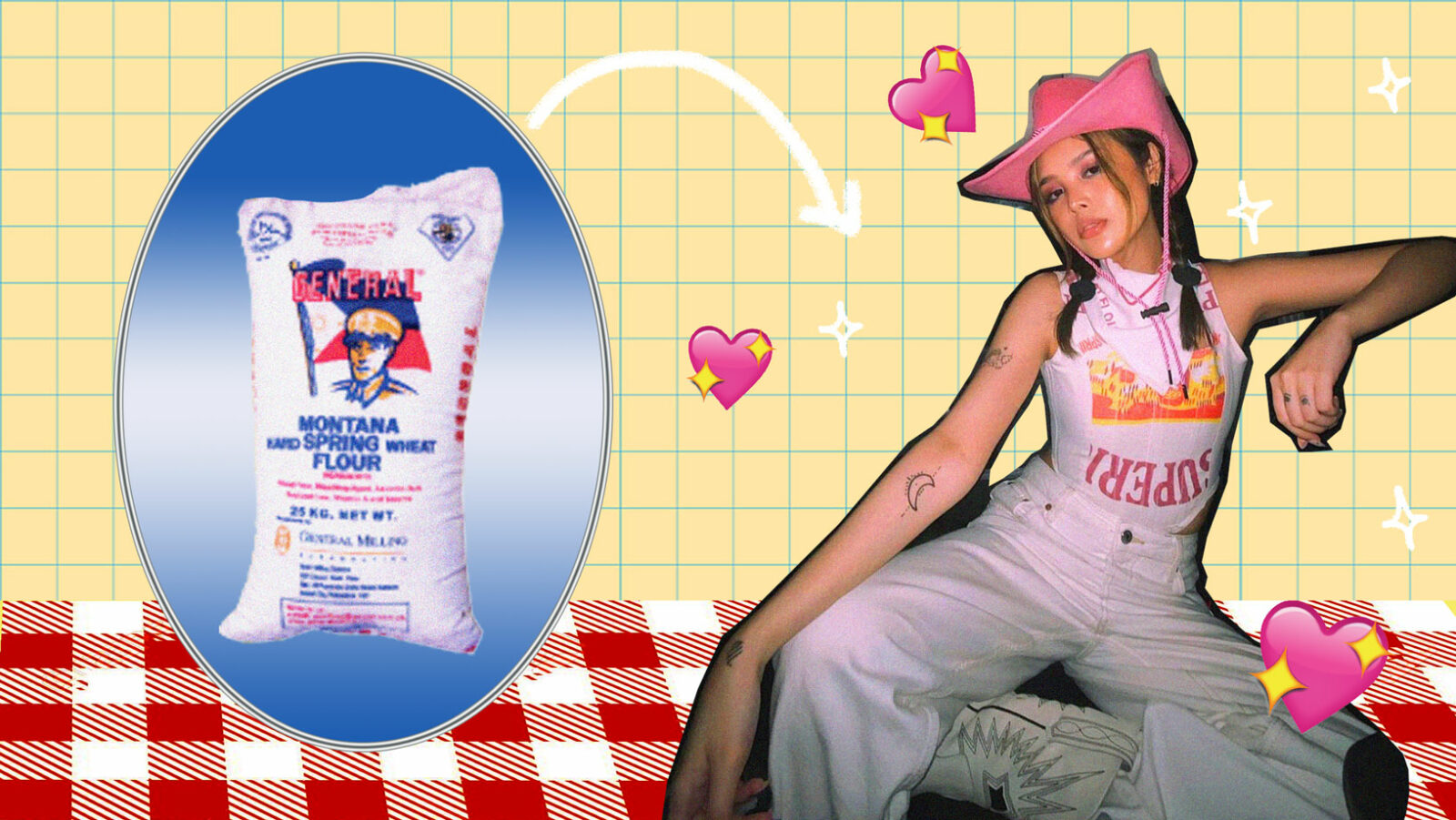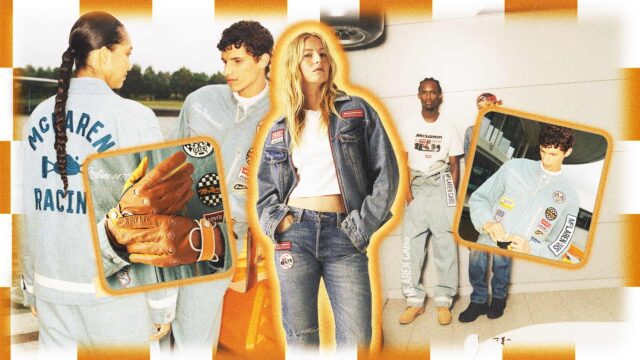With the rise of reworked vintage and corsets making a comeback, who would’ve thought that you can actually breathe new life into the classic staple with flour sacks, or most commonly known as katsa?
Proudly Philippine-made, upcoming brand Habi (rooted from the word Habilin, or entrust) is all about slow and conscious fashion. In case you haven’t been on the radar of local fashion lately, Gen Z icon Vivoree Esclito, Asia’s Next Top Model alumni Maureen Wroblewitz to style maven Bea Marinx have all been serving ~flour sack fashün~ on the ‘Gram.
Related: Make The Planet Great Again: Demanding Sustainability in Fashion
For their first collection entitled ‘Habi’s Panaderia‘ (or “bakery”), they brought back the traditional use of the katsa fabric—a material most Filipinos are familiar with as it evokes the feeling of nostalgia. From the bimpo towel that our moms would use to wipe our sweat-drenched backs after an afternoon playing outside, to blankets we’d tuck ourselves into at night under the kulambo. It wasn’t unthinkable that we’d soon incorporate our fabrics to modern day trends.
“For this collection, we wanted to make sure that we are not contributing to textile waste and the harmful effects of the creation of new fabric, since at the very core––we are a brand that makes the environment a priority.”
HABILIN CLOTHING
Of course, natural fabrics fade over time so each piece needs to be handled with care. “As we repurpose used textiles into new clothes, we hope that our customers will take care of them well to make them last.” This makes it all the more special. Aside from reducing the carbon footprint of excess fabrics, Habi also advocates for local artisans, especially with the pandemic taking a toll on businesses big or small.
“Alongside this, we also stand for ethical labor and proper wage of our laborers. Everything is made in the Philippines, with love.” This includes actively helping out those in need by donating masks, raising funds for learning aids in refuge centers, and pledging a portion of their proceeds to cities that were affected by the typhoon.





